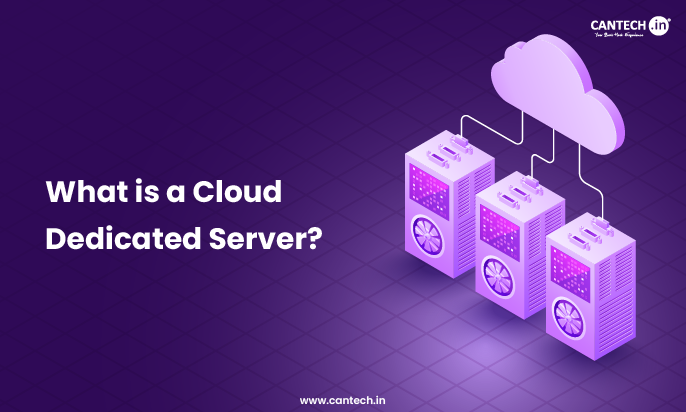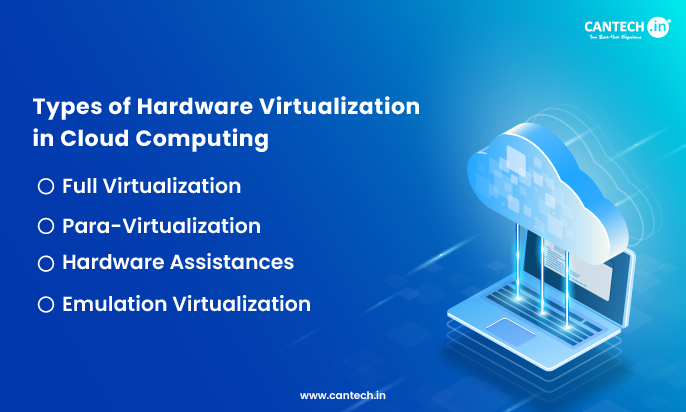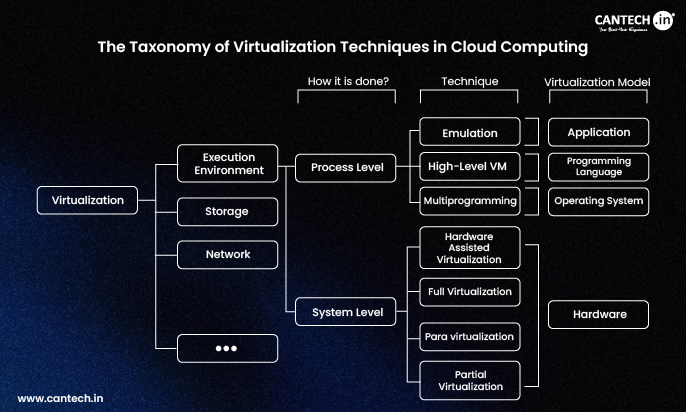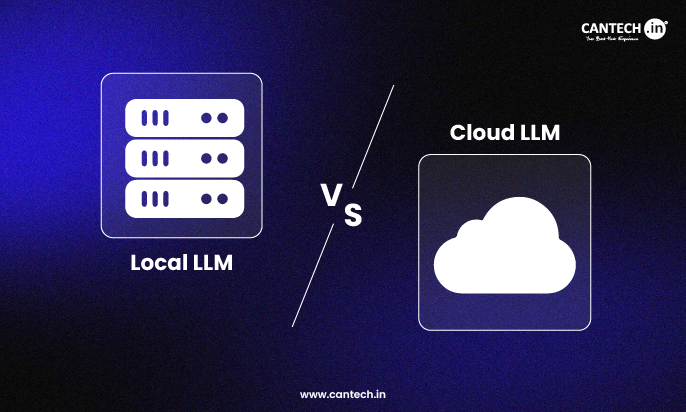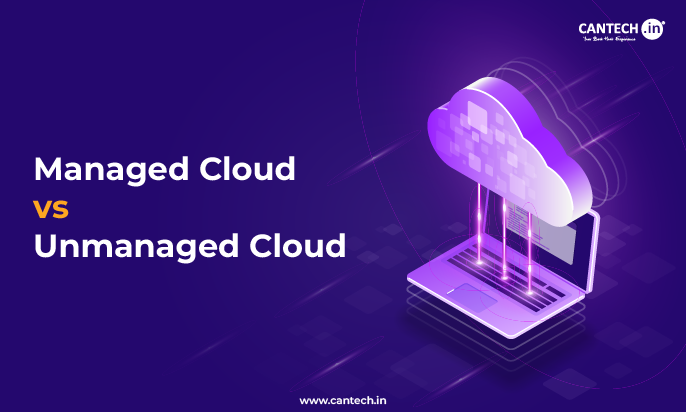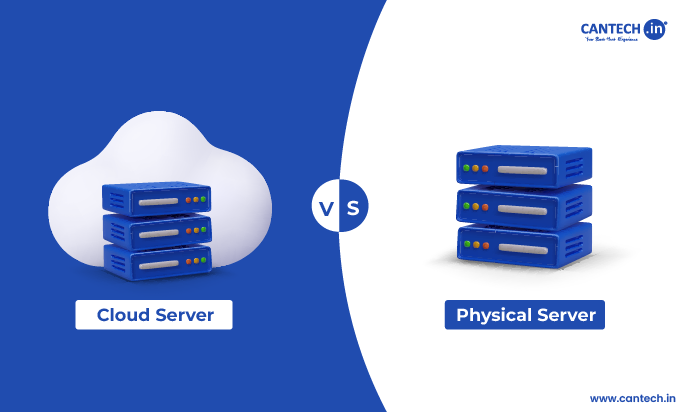Introduction
Confused enough in choosing the best cloud deployment environment?
Selecting the most appropriate cloud computing environment is crucial for businesses of all sizes. If you’re small to medium business, looking for cost-effective and scalable solutions to manage your IT infrastructure.
Then, there are high chances that you might be using Public Cloud!
Public cloud is the go-to choice for small businesses or startups looking for scalable, and cost-effective solutions.
But, before moving further, let’s understand what is a public cloud in detail, the advantages and disadvantages of public cloud that will help make informed business decisions.
What is a Public Cloud?
A public cloud is a cloud computing environment where resources are shared to multiple organizations over the internet.Additionally, it utilizes the third-party servers to store and manage data effortlessly. Moreover, the public cloud servers are preferred by the companies having low security concerns, and looking for pocket-friendly options.
For example, let’s say having a rental office building with many rooms. Here, you need to pay for the electricity and maintenance bills for the rooms you use. The same goes with the public cloud environment, you need to pay for the resources that you use i.e. pay-as-you-go pricing model. The public cloud offers robust storage capabilities, and processing power to grow businesses effortlessly.
Advantages of Public Cloud
A public cloud offers several key benefits for businesses. Let’s explore the main benefits of public cloud solutions in detail!
Cost-Effective
The costs associated with the public cloud are usually low as it offers a pay-as-you-go pricing model. It is one of the most attractive features as companies require huge investment on physical hardware, and maintenance. It is highly efficient for businesses with fluctuating demand. Here, the users can easily add resources depending on the requirements and hence maximizing the value. As a result, it makes the public cloud an ideal choice for small companies or startups that need to keep their costs down.
High Scalability & Flexibility
The public hosting allows us to easily scale up resources depending on the business requirements. Suppose, you are launching an eCommerce store with heavy traffic because of the marketing campaign. Using the public cloud, you can scale the infrastructure and handle the peak hours at ease. Doing so, one can ensure top-notch performance and manage costs. Once the traffic is reduced, you can scale back down and avoid paying the upfront costs for the cloud infrastructure.
Easily Accessible
One can easily access the public cloud from anywhere using the internet. In the era of remote jobs, it makes it easier for team members to connect, communicate and share documents using varied productivity tools across the globe. Additionally, they can even access the cloud platforms via smartphones or tablets without affecting the productivity.
Reduced Maintenance Costs
Maintaining an IT infrastructure is a bit complex and tedious. Here, the public cloud provider ensures that everything works well from upgrading software to deploying patches. As a result, it helps minimize the downtime, improves security and allows other team members to focus on other essential tasks.
Highly Reliable
Public cloud providers have solid infrastructure available across multiple geographic locations. Maintaining and setting up data centers in different countries is expensive. On top of that, it is also essential to identify the legislature of the specific country. But, by having a cloud provider by your side, you no longer have to worry.
Disadvantages of Public Cloud
Despite several benefits, the public cloud has many disadvantages also. Let’s check it out!
Security Concerns
Data security is one the primary concerns for businesses of almost all sizes. Public cloud is comparatively less secure as it is managed and owned by third-party. Here, the data is shared with other users. Because of its multi-usage, it can be a major concern for the organizations that deal with strict regulatory actions and increases the chances of fraudulent activities.
Limited Control
In using the public cloud, you do not have direct control over the physical server, which can limit the control and the customization abilities. Such a significant drawback makes it difficult for organizations that require more configuration flexibility and customized workloads. As a result, it even minimizes the resolution time in complex situations.
Long-Term Costs
Generally, the public cloud services work on a pay-as-you-go pricing model. But, without proper monitoring you may end up paying for underutilized resources and unused storage. Leverage using advanced tools and tactics to manage it effectively. On the other hand, it can even happen that using a public cloud for the long-term can seem more expensive.
Internet Dependency
Public cloud services heavily depend on the internet and are not accessible without the internet, whereas the private cloud can function well with the internal network. This is one of the potential drawbacks faced in case of internet downtime as you will not be able to access the public cloud and its resources.
Conclusion
The public cloud servers have completely changed the way businesses operate. It is the go-to choice for businesses as it offers advanced scalability, reliability and cost-effective options. Additionally, it provides only the resources you pay for. But, with the passage of time, the need may arise for using a private or hybrid cloud. However, it is advisable to have a proper understanding of your needs and select a cloud service provider that aligns with your business goal and needs.
FAQs
Explain the basic difference between public, private and hybrid cloud.
The public cloud server is operated by third-party providers and shared by multiple users. The private cloud is owned by a single organization and can be hosted on-premise. Whereas, the hybrid cloud is a combination of both that is moved between the two environments. Learn more from our detailed article comparing Public Cloud vs Private Cloud vs Hybrid Cloud.
Does the public cloud offer high-end security for sensitive data?
The public cloud is less secure than private cloud as it has shared resources among multiple tenants. However, the cloud service provider ensures strict security measures and manages the environment properly.
Can I access the public cloud server without internet connection?
No, a public cloud server is not accessible without internet connection. Whereas, private cloud can be accessed easily via the internal network.

